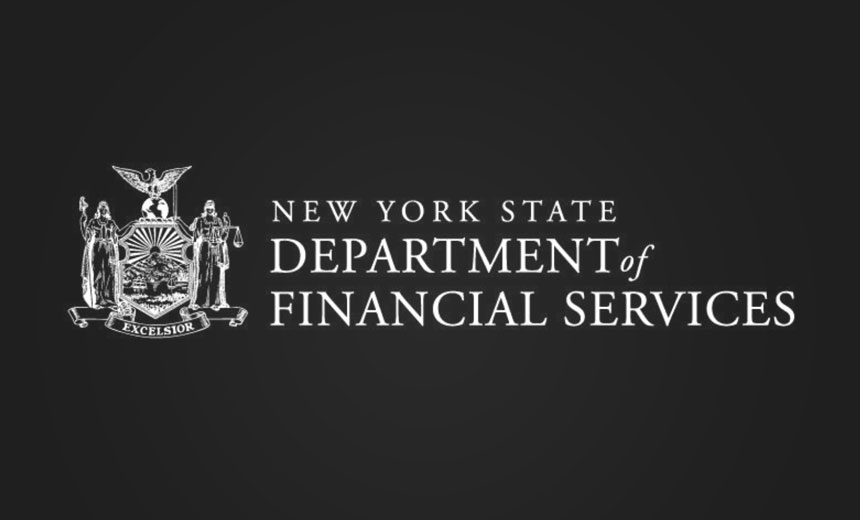Establishing customer service guidelines for DFS-regulated virtual currency companies (VCEs), the New York State Department of Financial Services (DFS) will start tracking their execution. The DFS will evaluate the suitability and effectiveness of customer service policies based on the records of the VCEs.
The DFS published comprehensive guidelines for VCE phone and electronic conversations, openness, and online frequently asked questions (FAQ) postings. VCEs will be asked to record their rules and practices, as well as the requests and complaints they receive and their response times.
Most of the new criteria are basic. Customers should be connected to voicemail during off-hours, and “human customer service representatives” should be on hand during business hours. Electronic communication reception should be automatically acknowledged with an expected reaction time. Viewers who lack an account with the company should be able to access FAQs. Should consumers be communicating with artificial intelligence instead of humans, they should be notified right away.
Every client request or complaint needs to be followed, and the person or team in charge of customer support needs to be found at the DFS.
Beginning in the third quarter of 2024, recordkeeping in the form of tabulation and customer feedback has to be available to the DFS by November 1. Supervisor Adrienne Harris said in a May 30 statement, “This guidance outlines clear expectations for a positive customer experience, which benefits both consumers and businesses.”
Enhanced Oversight and Compliance for VCEs
VCEs are chartered as limited-purpose trust businesses participating in virtual currency commercial operations or controlled via New York’s BitLicense. Right now, 32 VCEs have BitLicences or trust charters. In contrast to banks and insurance companies, they must pay their supervising expenses under a DFS rule passed in April 2023.
The DFS bills itself as “the preeminent regulator of virtual money.” When BitLicense was implemented in 2015, big cryptocurrency companies, including Bitfinex, Kraken, and Paxful, left the state. Particularly in April 2022, pro-crypto New York City Mayor Eric Adams has attacked the BitLicence system for its “stifling” policies. But in November 2023, the DFS tightened its regulatory hold on VCEs.


